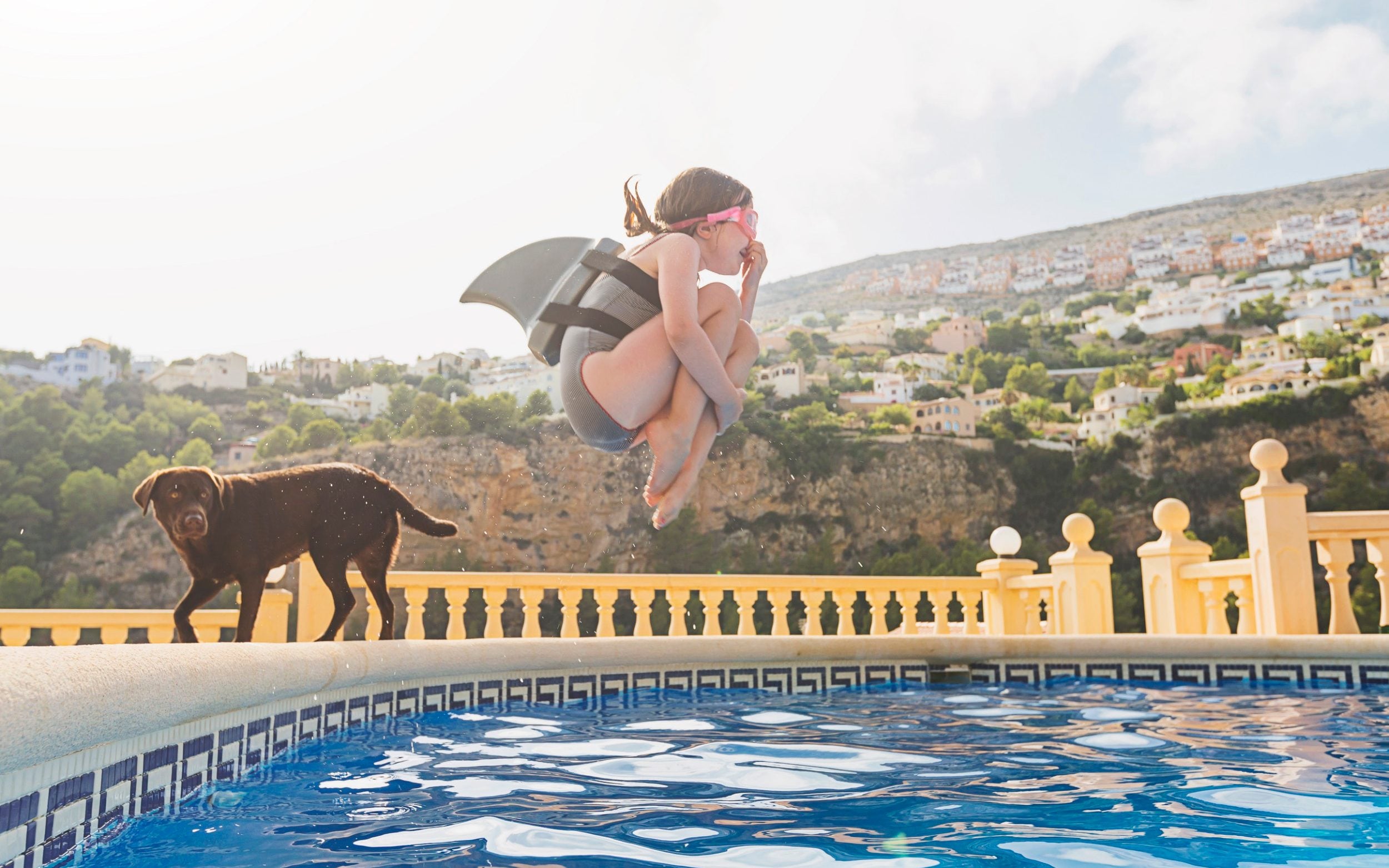What is the very first point that you do when you have checked out your suite or resort on vacation? For several, specifically the youngsters, it is to take a cheerful flying jump right into the swimming pool or to run complete pelt right into the sea. Yet simply time out that vision of gleeful launch for a minute, due to the fact that a brand-new record by the Safer Tourist Structure (STF), a charity that intends to assist safeguard UK tourists, has a couple of words of care concerning what it calls “Vacation Head disorder”.
Obviously, we are bound to believe and do points in different ways when we are appreciating ourselves– that is the entire factor of pausing. The majority of us consume a lot more, consume alcohol even more, rest a lot more, invest even more and, with any luck, stress a little bit much less. Our life sheds its regular once we get in unknown environments and are, with any type of good luck, investing even more time in the outdoors bathed in cozy sunlight.
Yet, according to Katherine Atkinson, that has actually examined behavioral scientific research and is the structure’s president, the way of thinking that we create on vacation– the really point which aids us enjoy– likewise makes us more probable to take dangers we would not imagine taking in the house.
Numerous points take place in your vacation head, claims Atkinson. You end up being a lot more zealous and far more lured to see the capacity for enjoyable instead of danger, and are more probable to overstate your physical toughness and capacity. You are likewise more probable to attempt points you have actually never ever done prior to. The current study by the STF recommends that 76 percent of tourists are a lot more open up to brand-new experiences on vacation and to attempting points they would certainly not attempt in the house.
The emotional description is not difficult to comprehend, yet it is very easy to neglect when you are taking a trip. Atkinson recognizes 3 factors for this. First is positive outlook predisposition– the propensity to think that “it’ll never ever take place to me”, which appears to be boosted by the favorable state of mind increase that we often tend to take pleasure in on vacation.
The 2nd variable is peer stress– need to tackle obstacles we would certainly think about extremely dangerous if it weren’t for our buddies egging us on. In a similar way, there are social and social impacts– where we see other individuals doing points and often tend to comfort ourselves that as a result it need to be alright.
Finally, we need to include feeling and hopeful believing to the mix– that sensation when we get on vacation that we wish to do something and as a result we automatically downplay the dangers.
Near misses out on and calamity in open water
The Good News Is, the majority of the moment we often tend to escape it. The STF’s information recommends that just 0.38 percent of holidaymakers report any type of type of health and wellness occurrence to their traveling business. Yet, it claims, that might nonetheless recommend a total amount of greater than 200,000 yearly.
The danger of sinking is a location of certain problem. Some 13 percent of UK tourists have actually experienced a close to miss out on in the water while on vacation (either on their own or somebody they were with). A current wave of 4 British males– all in between the ages of 56 and 76– that have actually sunk in the last 2 months after entering problem in open water in Greece, Menorca, India and Mauritius is an unfortunate testimony to the dangers.
Obviously, not everybody coincide. Some naturally come to be a lot more skeptical when taking a trip. Yet if your vacation head is of the much less mindful selection, it might deserve stopping briefly for idea.
Exactly how to take care of vacation way of thinking
- One of the most harmful times are the very first and last day of a vacation, when we are either most susceptible to overstating ourselves, or attempting to press in one last blast prior to we go home.
- Ask on your own: “Would certainly I do this in the house?” If the solution is no, at the very least take a minute to reconsider.
- Attempt not to be affected by various safety and security societies. Even if residents do not put on collision headgears does not imply you should not.
- Do not be shamed when it involves asking inquiries concerning safety and security arrangements and checks. Task organisers that take safety and security seriously will invite your problem, while an incredibly elusive, prideful or protective feedback is undoubtedly a poor indication.
- For additional information, get in touch with the Safer Tourist Structure (safertourism.org.uk).






